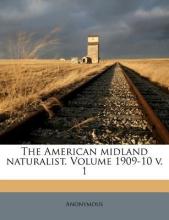Resource information
Bird aircraft collisions (bird strikes) are a recognized safety hazard and land uses that attract birds hazardous to aircraft should be avoided on and near airports. Many airfields contain large areas of anthropogenic grassland habitats, often dominated by cool season grasses. Land managed as native warm season grasses (NWSG) potentially could increase bird strike hazards on and near airports by attracting hazardous birds and harboring small mammals that are prey for hazardous raptors. We investigated bird and small mammal communities at three NWSG areas and three adjacent on airfield grassland areas in western Ohio, U.S.A. to determine whether NWSG increased bird strike hazards. Species specific differences in bird abundance and density were evident between the two landcover types, presumably the result of differences in plant community characteristics. Seven species of birds were found exclusively in NWSG or airfield grasslands. Birds of species categorized as ‘moderate’ to ‘extremely high’ in regard to hazard (severity) level to aircraft accounted for only 6% and 2% of all birds observed in airfield grasslands and NWSG areas, respectively. Small mammal capture success was approximately three times higher in NWSG areas, although raptor abundance did not differ between the two landcover types. Our findings suggest that NWSG might be considered a viable land use adjacent to airfields; however, similar research at additional locations, including larger NWSG areas, should be conducted.



